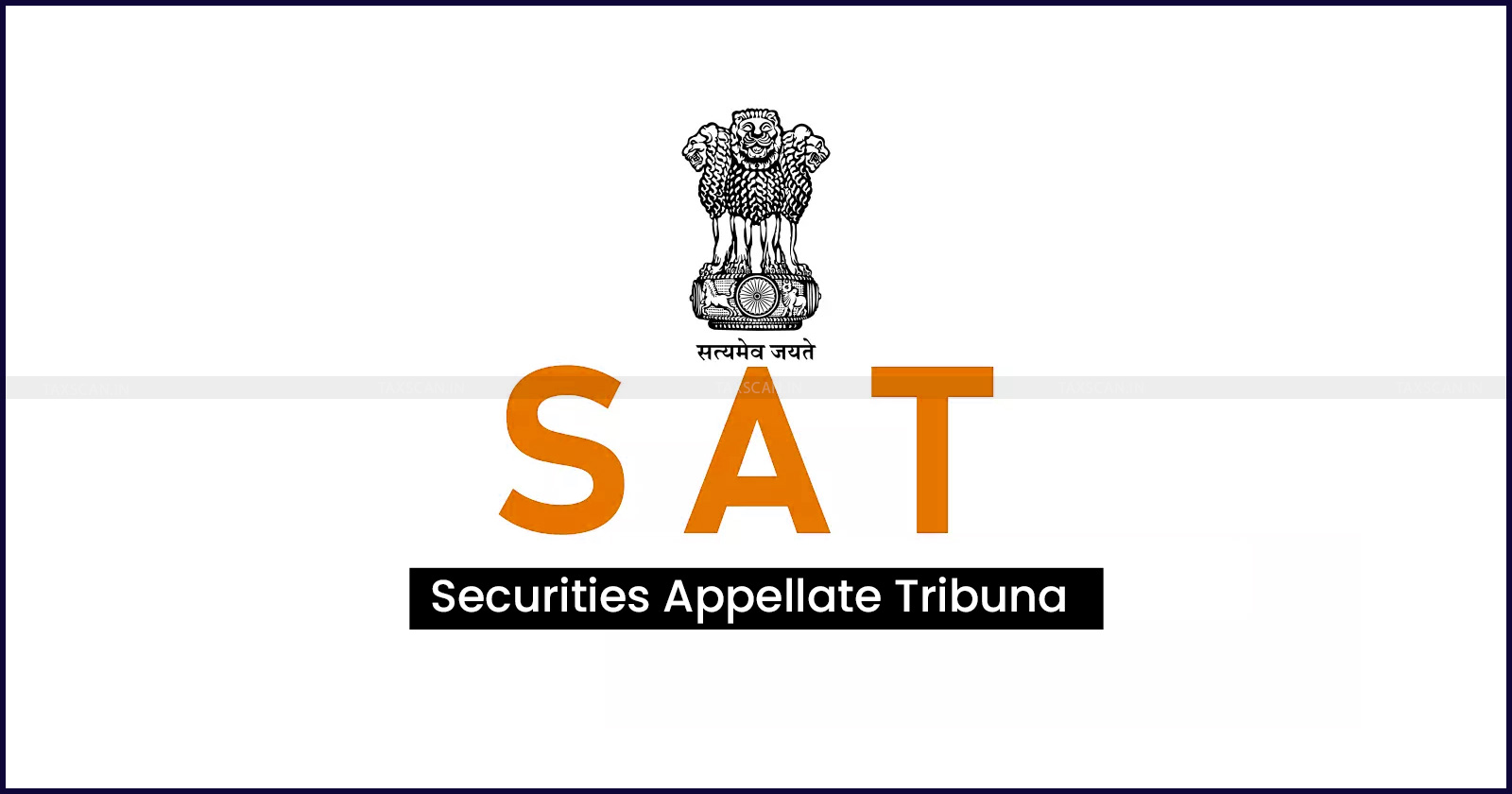Compliance Officer Not Liable for Fraudulent Accounts: SAT
The SAT made an implied distinction between the roles of the Company Secretary and the Board of Directors, who are principally in charge of the company's strategic choices and the accuracy of its financial statements

SAT – Compliance Officer – Fraudulent Accounts – taxscan
SAT – Compliance Officer – Fraudulent Accounts – taxscan
The Mumbai bench of the Securities Appellate Tribunal (SAT) ruled that the compliance officer's penalty was unsupportable since there was no proof that he had been directly involved in the fraudulent activities or that he had not carried out the specific and direct responsibilities of a company secretary in these situations, aside from authenticating the Board's decision.
The main focus is on the duty and role of a company secretary in guaranteeing the correctness and conformity of financial reports and public declarations issued by a business, especially when it comes to a share repurchase. The main question on the SAT's agenda was whether DCHL's Company Secretary at the time could be held accountable for the purported inaccuracies and violations in the company's buyback offer.
The DCHL inquiry by SEBI uncovered anomalies in the company's yearly financial reports, such as the understatement of interest and outstanding loans. In the fiscal year 2011–2012, SEBI also discovered that DCHL had repurchased more equity shares than was allowed (by 25% of total paid-up capital) without having sufficient free reserves. SEBI came to the conclusion that the company's valuation and financial stability were misrepresented to shareholders and investors.
Big Changes in the Companies Act! Are You Updated? - Click Here
Based on these conclusions, SEBI determined that DCHL, together with its directors and promoters, had broken both SEBI regulations and the previously cited clauses of the Companies Act. In the same ruling, SEBI determined that DCHL's statutory auditor was not at fault and exempted them from punishment. As the Company Secretary who verified and signed the repurchase offer document, the AO further held V. Shankar accountable for performing due diligence and confirming the document's accuracy and legal conformity.
In his appeal before the SAT, V. Shankar claimed that as he was not involved in the creation of DCHL's financial statements, he was not responsible for any errors in the accounts or the exaggeration of free reserves in the buyback announcement.
He was neither accused or found to have contributed to the compilation of the books of accounts or the false overstatement of earnings. He signed the accounts without knowing about the alleged fraud, according to neither the show cause notice nor the contested ruling. He added that SEBI had definitively held the director and promoter accountable for deception and fraud in its adjudication ruling. He had the right to depend on the several levels of supervision over the financial statements provided by the Board of Directors, the statutory auditors, the CEO/CFO, and the Audit Committee, among other capable entities entrusted under the Listing Agreement.
Big Changes in the Companies Act! Are You Updated? - Click Here
It was argued that confirming the accuracy and legitimacy of accounts is not part of a compliance officer's responsibilities. In addition to the Managing Director and Whole-Time Director, DCHL had an Executive Director (Finance) in charge of the company's finances at the time.
While the Company Secretary plays a part in maintaining compliance, the SAT reaffirmed in its reasoned order that this role is distinct from the directors' and other experts' primary responsibility. This is especially true when it comes to confirming the substantive accuracy of financial information in a buyback offer document that has been approved by the Board. Since there was no proof of the Company Secretary's direct involvement in the financial misstatements or fraudulent intent, the tribunal stressed that holding them accountable in this case would be an abuse of their statutory duties, particularly since other qualified entities were tasked with confirming the company's compliance and financial stability.
In order to comply with the Board's approval, the Company Secretary had to authenticate the buyback offer document. However, the SAT explained that this did not necessarily mean that the Secretary had an obligation to independently confirm the complex financial details, which are mainly the responsibility of the company's management, finance department, and statutory auditors.
Big Changes in the Companies Act! Are You Updated? - Click Here
The Securities Appellate Tribunal underlined that the Company Secretary's primary responsibility is to authenticate the information contained in the offer document and balance sheet after they have been approved by the Board of Directors. The tribunal held that, in situations where there are several levels of oversight, such as the Board, auditors, and other experts like merchant bankers, the Company Secretary does not necessarily need to investigate the authenticity of the buyback offer document and its legal compliances prior to authentication.
The SAT made an implied distinction between the roles of the Company Secretary and the Board of Directors, who are principally in charge of the company's strategic choices and the accuracy of its financial statements.
As a Compliance Officer, the Company Secretary is in charge of upholding regulatory compliance and handling investor complaints; however, this function must be understood in light of their particular responsibilities as well as the corporate governance framework as a whole, which has several levels of accountability.
To Read the full text of the Order CLICK HERE
Support our journalism by subscribing to Taxscan premium. Follow us on Telegram for quick updates


